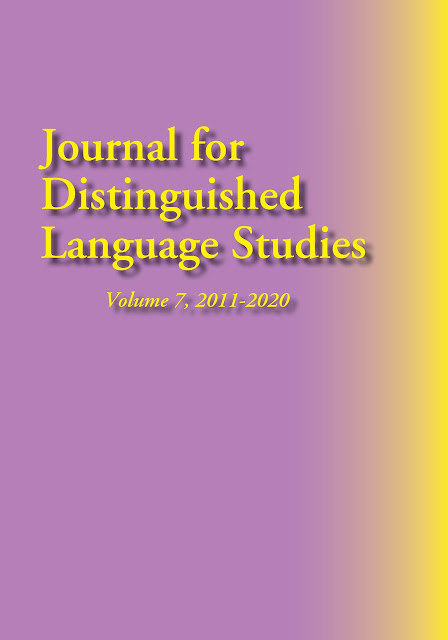Exploring Attainment of Level 4 (Near-Native) Proficiency

So, what pushes someone to reach near-native proficiency in a foreign language? There is little quantitative research out there except for a study undertaken by Leaver and Atwell (published in Developing Professional Level Language Proficiency by Cambridge University Press) and Al-Khanji, Jasser, and Leaver (a research project funded by the CCCC of the National Association of Teachers of English). Both had an n in excess of 100. The numbers from these numbers show that often the push for near-native comes from a need for higher proficiency for the job (the highest push; consider it instrumental motivation) or from an interpersonal need (in-laws, spouse from the foreign country). Lesser numbers show an internal desire (call it intrinsic motivation), often associated with the trait of tenacity. Individual experiences tell more of the story, not only about the why (motivation) but also about the how of reaching higher levels (learning actions and strategies). Some of these indiv...


